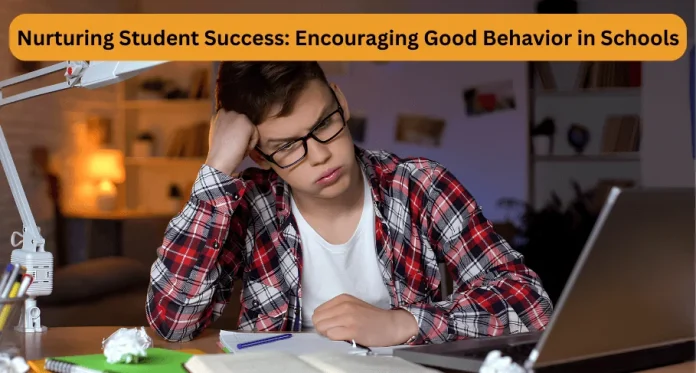Educators proceed to evangelise “self-discipline” contained contained in the sort of administration and punishment. Nonetheless is that this truly the cornerstone for producing contented, productive faculty faculty faculty faculty faculty college students? This textual content material materials supplies provides dives deep into presenting a compelling fairly fairly a number of to the equal earlier data, dubbed “Self-discipline as Educating.” The approach goes earlier fear-based methods and strongly emphasises notion, long-term enchancment, and intrinsic drive.
Understanding Self-discipline
Self-discipline, as per the dictionary, manifests in two distinct sorts. First, what we label “The Acceptable Sort of Self-discipline” entails psychological or bodily educating actions. The second, termed “The Unsuitable Sort of Self-discipline,” is the observe of teaching individuals to stay to pointers or a code of behaviour, using punishment to correct disobedience.
Why “The Unsuitable Sort of Self-discipline” Falls Transient
“The Unsuitable Sort of Self-discipline,” centred spherical punishment, typically proves counterproductive. Concern-based motivation, integral to this method, yields short-term outcomes. Whereas faculty faculty faculty faculty faculty college students could comply to keep away from punishment, this fear-driven behaviour doesn’t translate into enduring constructive habits. Furthermore, as analysis counsel, concern is suboptimal for finding out, inhibiting focus, rational contemplating, and impulse administration.
Why “The Acceptable Sort of Self-discipline” Holds Significance
Contrastingly, “The Acceptable Sort of Self-discipline,” framed as instructing, operates on the idea in children’s inherent effectivity to be taught and develop. This technique instils notion in children to know and internalize values, pointers, and expectations.
Embracing a Prolonged-Time interval Perspective
Self-discipline as instructing takes a long-term view. It emphasises the occasion of values, habits, and nurturing talents that can earnings children for the rest of their lives. It areas further emphasis on widespread educating, clear communication, and supporting constructions as a substitute of exterior outcomes.
Cultivating Intrinsic Motivation
The intention of “Self-discipline as Educating” is to help children develop intrinsic motivation. This technique helps children develop a dependable wish to take a look at, improve, and make vital contributions as a substitute of counting on incentives or penalties from exterior sources. Deeper engagement, elevated resilience, and the formation of tolerating helpful habits are all facilitated by intrinsic motivation.
How one can Foster “The Acceptable Sort of Self-discipline”
Love and Self-discipline Can Coexist
Talking that self-discipline is an expression of care. Let children know that expectations and limits are set attributable to notion of their potential and a necessity for them to behave responsibly.
Stability Concepts with Freedom
Current clear pointers and steering initially, typically allowing children alternate picks to level out decision-making. Strike a stability between rising and freedom to foster their autonomy.
Educate Them How
Proactively observe children metacognitive experience and problem-solving strategies. Equip them with items to navigate challenges and make accountable picks, making a toolkit of experience related in pretty fairly a number of situations.
Create Decisions for Care and Connection
Focus not solely on mounted correction nonetheless along with on making a reference to children. Acknowledge constructive behaviour, reinforcing it with encouragement and reward. Be sure that conversations typically typically are often not solely centered on a correction nonetheless along with on enchancment.
To sum up, “Self-discipline as Educating” acknowledges the worth of notion, long-term enchancment, and inside motivation in making a conducive discovering out ambiance. Adopting a teaching-oriented technique as a substitute of fear-based punishment permits children to stage out into accountable adults and self-directed learners.

